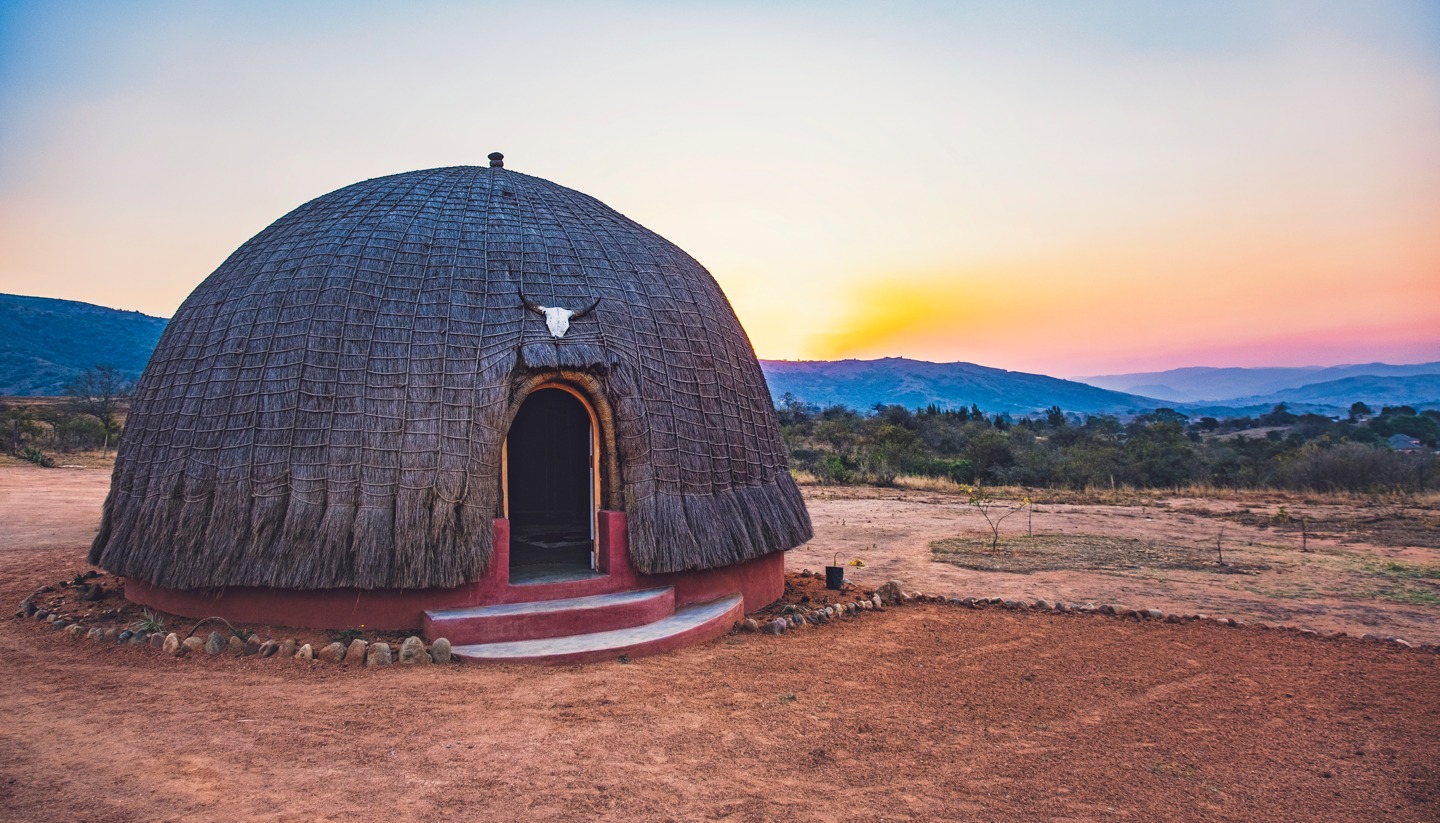Eswatini (Swaziland): Doing business and staying in touch
Doing Business in Eswatini (Swaziland)
Business interactions in Eswatini often blend formal practices with the country's warm and polite culture. Handshakes are the standard form of greeting, and they are often longer than in Western contexts. Addressing individuals by their title and surname, such as "Mr." or "Ms.," is seen as respectful, especially in initial meetings.
Punctuality is appreciated but not always strictly adhered to, so patience may be required. Meetings often begin with informal conversation, as building relationships is essential to conducting business in Eswatini. Direct communication is generally preferred, but it should be tempered with politeness to avoid offending.
When it comes to attire, business dress is usually formal, with suits or smart dresses for professional settings. Gifts are not expected but are appreciated if presented in a culturally appropriate way, such as after a successful deal or meeting.
Office Hours
Mon-Fri 08:00 to 17:00.
Economy
Eswatini, a small landlocked nation in Southern Africa, boasts a diverse economy rooted in agriculture, manufacturing, and services. The services sector plays a significant role, contributing more than half of the nation's economic output, while industry, particularly manufacturing, accounts for a substantial portion. Agriculture, forestry, and mining remain key contributors, especially in rural areas where these industries provide livelihoods for a large part of the population.
The country's economic growth is closely tied to its robust trade relationships, particularly with South Africa, which serves as its largest trading partner. South Africa accounts for a majority of Eswatini's exports and imports, underscoring the economic interdependence of the two nations. Eswatini is also a member of regional economic organisations like the Southern African Customs Union (SACU), the Common Market for Eastern and Southern Africa (COMESA), and the Southern African Development Community (SADC), which promote trade and economic integration across the region.
While the economy has shown resilience and growth in key sectors, challenges persist. Public expenditure pressures, poverty, and unemployment remain pressing issues. However, revenue streams, particularly from trade and regional partnerships, have provided some stability to public finances. Continued investment in infrastructure, education, and healthcare is seen as critical for fostering sustainable growth and addressing inequalities.
Despite its small size, Eswatini offers a dynamic and adaptable economy. The blend of traditional industries, regional partnerships, and gradual diversification positions the country to remain a vital player in the Southern African region. With a focus on strategic reforms and development initiatives, Eswatini aims to build an economy that balances growth with social progress.
GDP
US$4.598 billion (2023).
Main exports
Fragrance compounds for the F&B industry, raw sugar, industrial compounds, sawn wood, and textile.
Main imports
Refined petroleum, gold, electricity, corn, and gas.
Main trading partners
South Africa, Kenya, Nigeria, Mozambique, and China.
Keeping in Touch in Eswatini (Swaziland)
Mobile Phone
Mobile phone coverage in Eswatini is widespread, with good reception in cities, towns, and major tourist areas. However, coverage can be limited in some remote or mountainous regions.
The country has two main mobile network providers: MTN Eswatini and Eswatini Mobile.
Visitors can easily purchase prepaid SIM cards from both MTN Eswatini and Eswatini Mobile at airports, mobile shops, supermarkets, and convenience stores. A passport is required for SIM card registration.
Internet
Many hotels, lodges, and guesthouses offer complimentary Wi-Fi to guests.
In addition, the Universal Access and Service Fund (UASF) has established public Wi-Fi hotspots across the country.
Media
Eswatini's media landscape consists of a mix of state-controlled and private outlets. The state broadcaster, the Eswatini Broadcasting and Information Services (EBIS), operates two radio stations and one television channel, Eswatini TV, which primarily airs government messaging alongside entertainment and educational content. Private radio stations such as Voice of the Church and Eswatini Community Radio offer alternative programming, while online news platforms like Swaziland News provide digital access to current affairs.
The print media includes newspapers like the Times of Eswatini and the Eswatini Observer, offering a range of coverage from local news to international stories. However, media freedom is limited, with journalists often exercising caution when covering politically sensitive topics.



